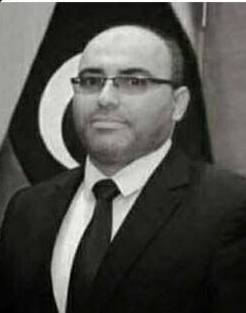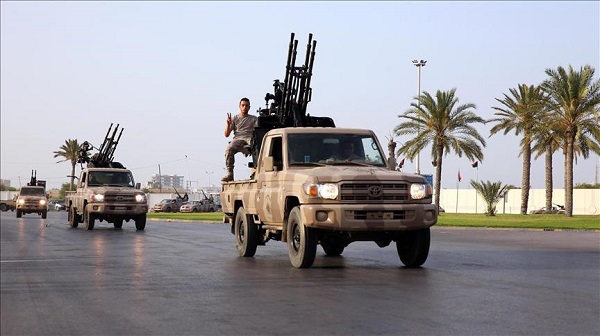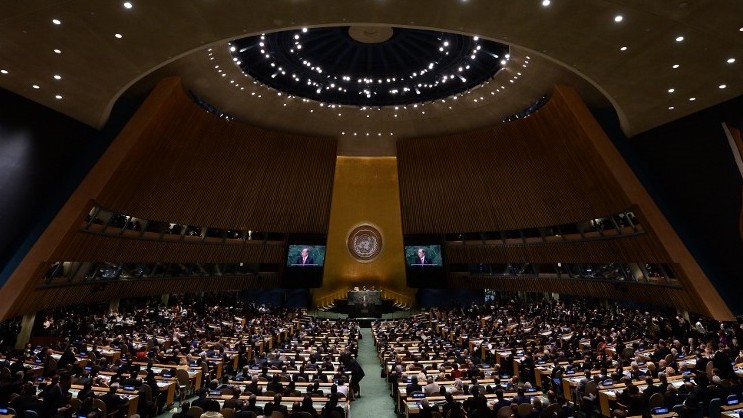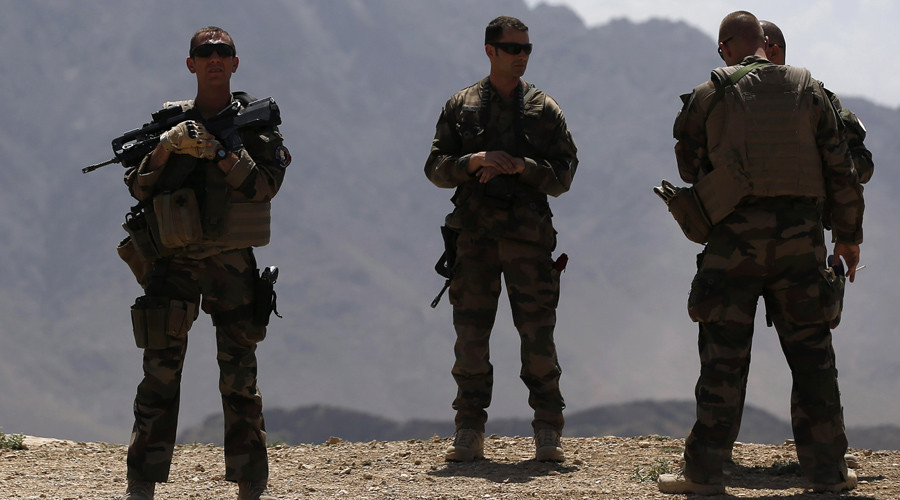 The mayor of the Libyan coastal city of Misrata Mohammed Eshtewi has been kidnapped and killed by gunmen shortly after his return from a visit to Turkey Sunday, and Misrata has begun this Monday three days of mourning.
The mayor of the Libyan coastal city of Misrata Mohammed Eshtewi has been kidnapped and killed by gunmen shortly after his return from a visit to Turkey Sunday, and Misrata has begun this Monday three days of mourning.
The local municipal council expressed its “deep sorrow and grief” at the killing. Its condemnation was swiftly followed by similar statement from other municipalities, including Sabratha, Central Tripoli and Zliten.
According to press reports, an unknown armed group abducted the mayor as he was leaving the airport after landing there late on Sunday. His body was dumped a little later outside the Safwa Hospital.
Esthewi was accompanied with his brother, Ahmed, and their driver when their car was attacked as it stopped at traffic lights. He was snatched at gunpoint and his brother was shot but is in a stable condition.
There was no immediate claim of responsibility for the killing from any of the active armed groups in the area. The killers have not yet been identified but militant Islamists and other political opponents are believed to be involved.
Pro-Islamist chief of Misrata Military Council, Ibrahim Ben Rajeb, had on several occasions tried to force Eshtewi to resign because of his support for the Libyan Political Agreement and the Presidency Council and his willingness to reach out to the east of the country.
According to some analysts, Eshtewi was constantly trying to reconcile moderate and hardliners in the city, as well as between Misrata and the east of the country.
Since the fall of the regime of former ruler Muammar Gaddafi in 2011, Libya has plunged into chaos, with no central government. The Islamic State has taken advantage of the situation to conquer vast swaths of land in the country, mostly in coastal regions where many criminal gangs indulge in illegal migrant trafficking.
Rival groups signed a political accord that hashed out a Government of National Accord (GNA) led by Serraj. Despite strong and vast backing from the international community, the GNA is still struggling to assert its authority challenged by Islamists and armed groups. Meanwhile, there is a view in Libya that 17 December signals the end of the Libyan Political Agreement (LPA).
In this connection, Field Marshal Khalifa Haftar commanding the east-based Libyan National Army (LNA) indicated Sunday that the LPA, brokered by the UN is outdated and the institu-tions associated to it have lost legitimacy.


